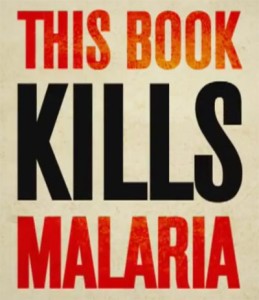Jay Keasling and his team have developed a synthetic form of the most commonly used malaria drug—artemisinin, which until now had to be extracted from the wormwood plant.
In partnership with One World Health and the Bill and Melinda Gates Foundation, scientists use synthetic biology to produce artemisinin from the bacteria E. coli in huge brewery like tanks.”The goal is to increase the supply, then stabilize the price, then lower the price substantially,” Keasling said. He believes the price could eventually drop from several dollars a dose, to about 25 cents. It’s expected to be widely available early next year.
Read more, via abc7news.
